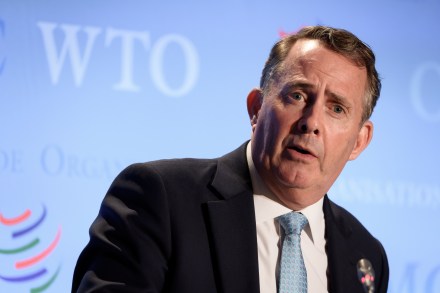The ‘Notorious RBG’ and her triumph over tribalism
Ruth the Moabite is the only Biblical figure to merit the description ‘eshet chayil’ – ‘a woman of valour’. One rabbinical exegesis sees Proverbs 31’s womanly virtues as a reference to Ruth: ‘Many women have done well, but you surpass them all.’ Ruth Bader Ginsburg, who died aged 87 on Erev Rosh Hashanah, surpassed the expectations and limitations placed on women who came before her. But she did more than that: the Brooklyn-born lawyer fundamentally transformed the role of women in law and changed the law on women’s roles. Only the second woman appointed to the Supreme Court of the United States, she authored the majority opinion in cases such





















